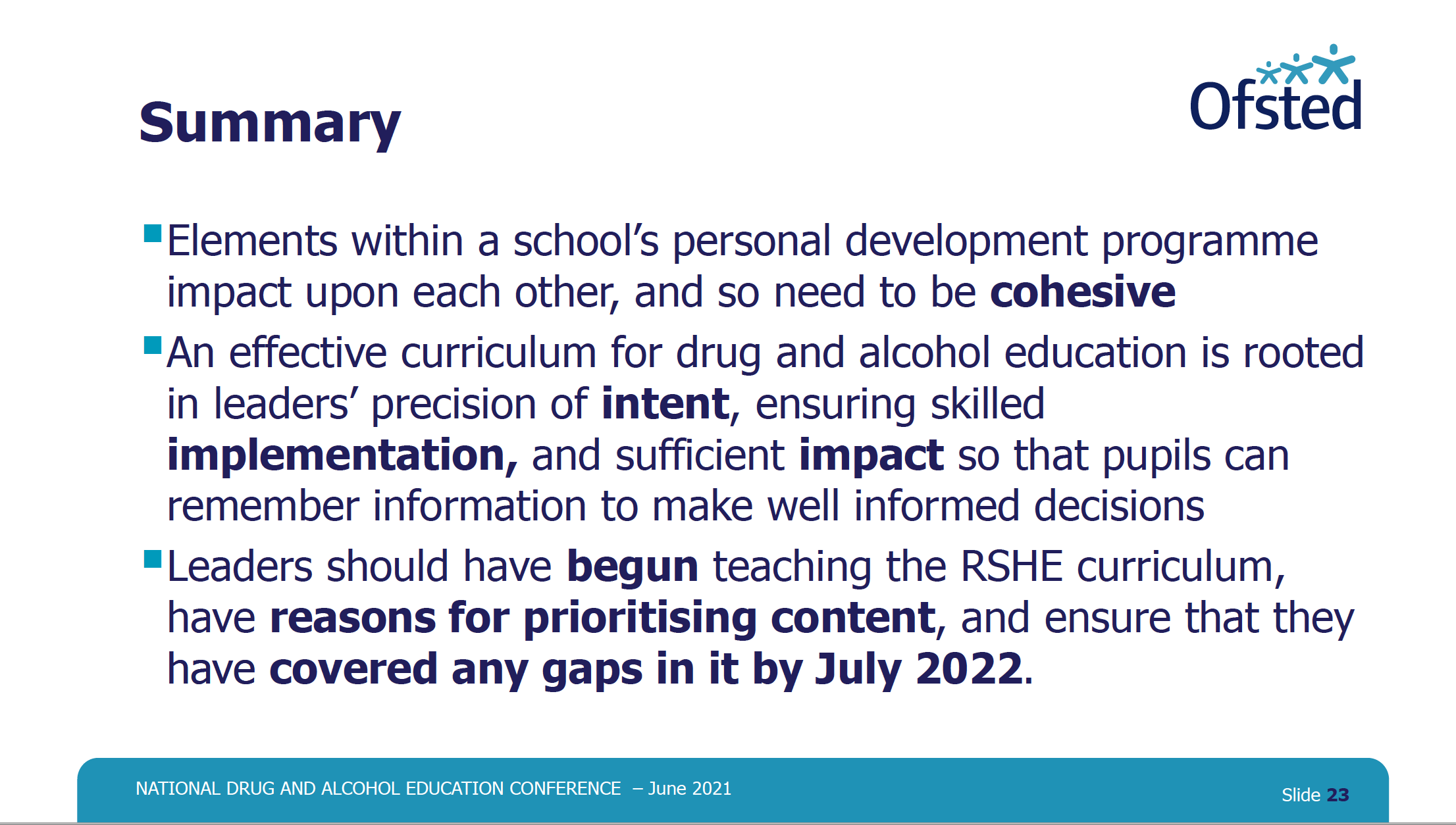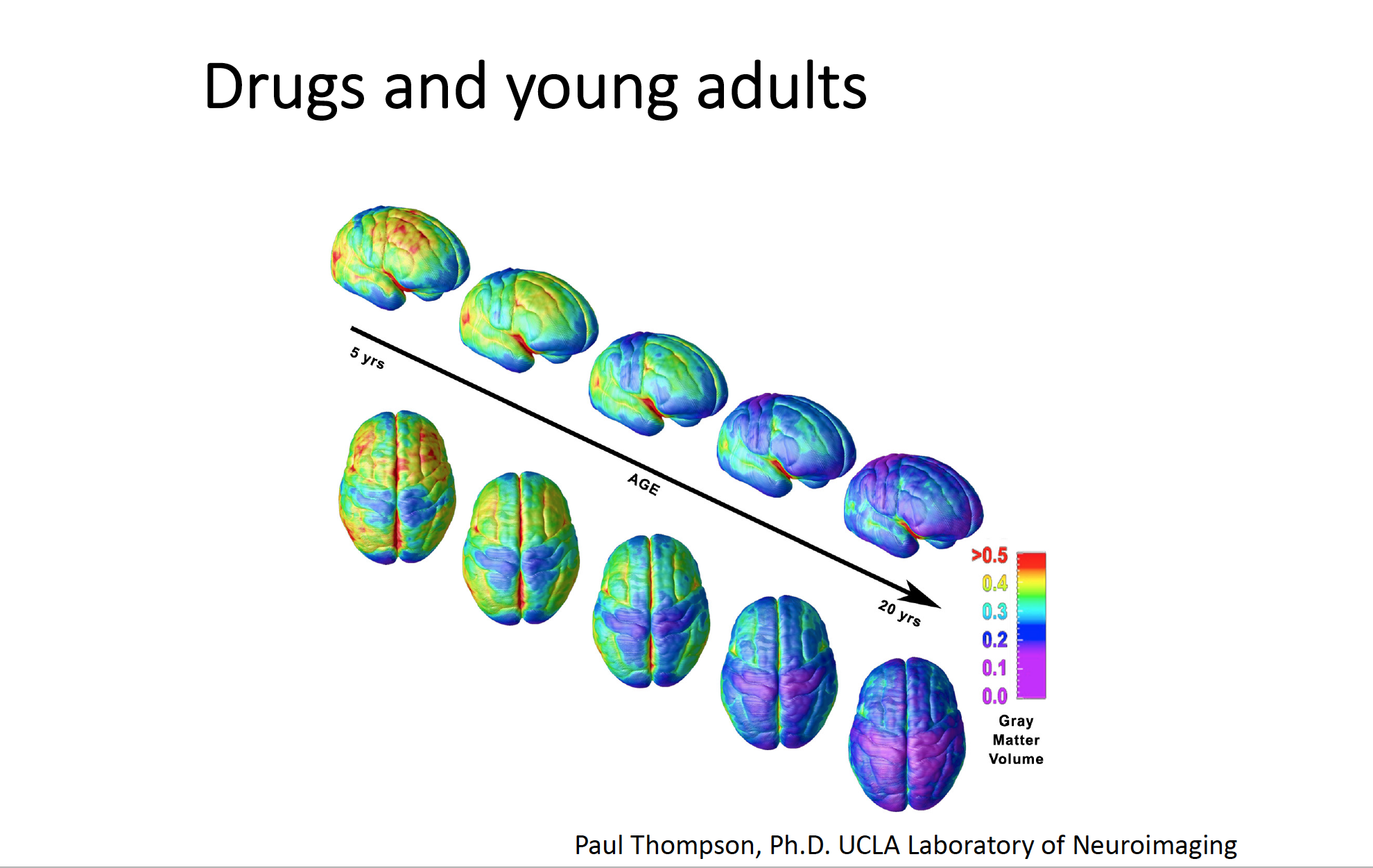On the 28th June, The Alcohol Education Trust and DSM Foundation held a day or workshops and speakers on Alcohol and Drug Education at the beautiful City of London Guildhall. We were kindly hosted by David Mackintosh from The Drug and Alcohol Policy Forum. The conference had been delayed for a whole year from the previous June due to COVID and it was the first significant face to face event that either we or the Guildhall had hosted since March last year. We are thrilled to share the presentations from our fascinating speakers with their kind permission.
Our keynote speaker was Kirsty Blenkins, Young People, Alcohol, Drugs, Tobacco and Justice Division, Public Health England. Her slides set the context for Alcohol and Drug Education in the context of DfE statutory Guidance. You can view the presentation here.
Dr David Regis, Co-Director of The School Health Education Unit gave a fascinating presentation on the trends in young people’s wellbeing over the last 30 years. Illustrating how drinking, smoking and drug use has declined significantly, but highlighting the at-risk groups of negative risk taking, such as looked after children and increased risks if living in one parent families. He also highlights a potential rise in drug taking, driven mainly by cannabis (volatile substances pre 14, cannabis post 14), although SHEU have not found this trend in their national and local authority survey data. You can read his presentation here.
 Roary Pownell, HMI Curriculum Unit Subject Lead PSHE, RSHE and Citizenship, OFSTED described the importance of an integrated holistic RSHE programme and how closely linked an outstanding OFSTED is to excellent provision of RSHE and a focus on pupil’s health, wellbeing and personal development and character building. His presentation can be viewed here.
Roary Pownell, HMI Curriculum Unit Subject Lead PSHE, RSHE and Citizenship, OFSTED described the importance of an integrated holistic RSHE programme and how closely linked an outstanding OFSTED is to excellent provision of RSHE and a focus on pupil’s health, wellbeing and personal development and character building. His presentation can be viewed here.
Helena Conibear looked at the context of the problems that need to be addressed to improve outcomes around negative risk taking and evidenced based approaches that work in raising the age that young people choose to drink (early intervention and prevention) and then moving to harm minimisation approaches that help teenagers make safer choices and make informed responsible decisions. She also focused on NICE guidance on safeguarding, disclosure and the importance of confidentiality, signposting and avoiding stigma. You can read her detailed presentation here.
Following an excellent Q and A session, in which our 108 delegates managed through a QR code and Google forms to avoid using roving mikes (not allowed with COVID regulations,) we moved to the second half of the morning presentations.
 Dr Owen Bowden Jones, Consultant Psychiatrist gave a fascinating insight into how the teenage brain doesn’t mature until the age of 25 and how they are most likely to take risks in late teens when their brains are most vulnerable. He also emphasised that if he wanted one key message to get through to all young people, which is the importance of how to help someone who has taken drugs or alcohol, the recovery position, keeping airways clear, getting help and not leaving them. You can read his presentation here.
Dr Owen Bowden Jones, Consultant Psychiatrist gave a fascinating insight into how the teenage brain doesn’t mature until the age of 25 and how they are most likely to take risks in late teens when their brains are most vulnerable. He also emphasised that if he wanted one key message to get through to all young people, which is the importance of how to help someone who has taken drugs or alcohol, the recovery position, keeping airways clear, getting help and not leaving them. You can read his presentation here.
Fiona Spargo Mabbs, our conference co-host and founder of the DSM Foundation, who lost one of her sons tragically to an MDMA overdose, presented on the importance of involving parents and carers in any school based drug education programme. She described the key reasons why parents should be involved in drug education and how they can influence their children’s risk taking in a positive proactive way, here.
Dr Rachel Herring, Co-Director Drugs and Alcohol Research Centre at The University of Middlesex described the importance of schools and settings using alcohol and drugs education resources that have been independently evaluated and lead to behaviour change (such as The Alcohol Education Trust, Talk about Alcohol programme) and the different levels of quality of evaluation. Dr Herring highlights the importance of not using well-meaning but unpiloted, trialled or evaluated resources that can lead to unintended consequences, such as increasing experimentation or use). Find the presentation here.
Katya Kowalski, Head of Strategy at Volteface gave delegates a fascinating insight into how easy it is for young people to access and buy drugs via social media platforms such as Instagram and Facebook. The dealers use acronyms and slang that are difficult for AI and the platforms to recognise as well as glamorous images and graphics. The presentation looks at the research into the number and age of young people facing unsolicited approaches via social media and how it can both normalise and glamorise substances. Again, the most prevalent substances available are cannabis based. Read the presentation here.
Following an equally interesting Q and A, delegates attended a choice of 12 workshops in the afternoon. To find out more please contact helena@alcoholeducationtrust.org